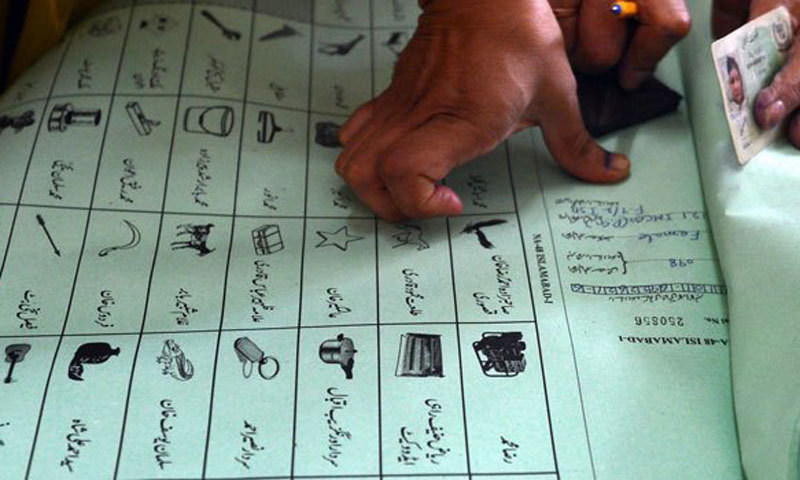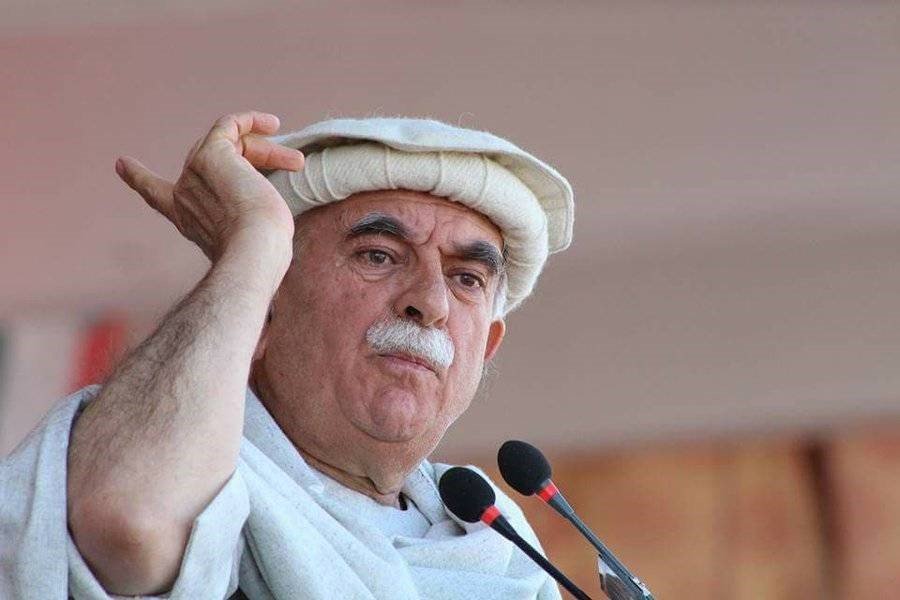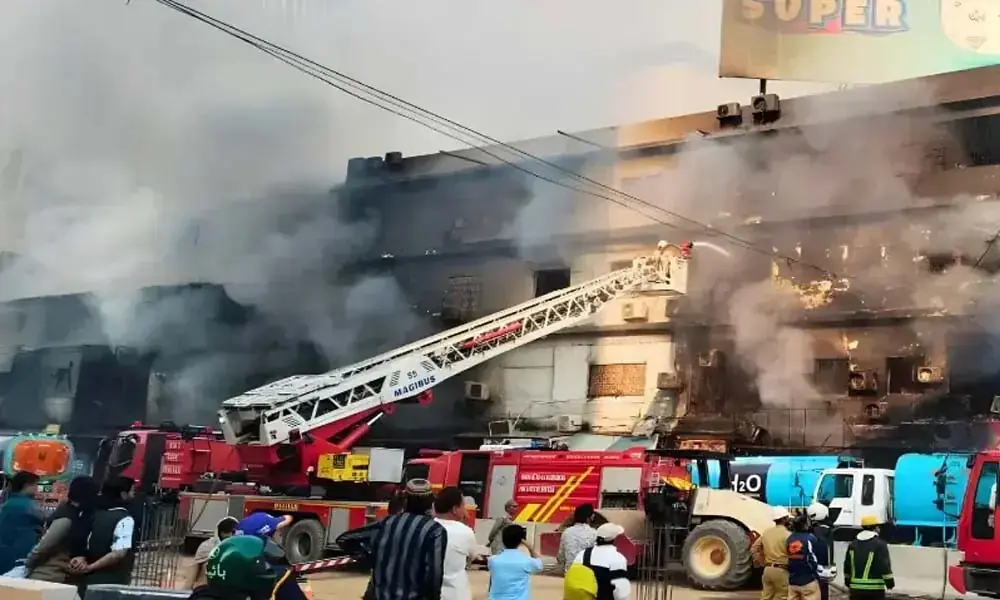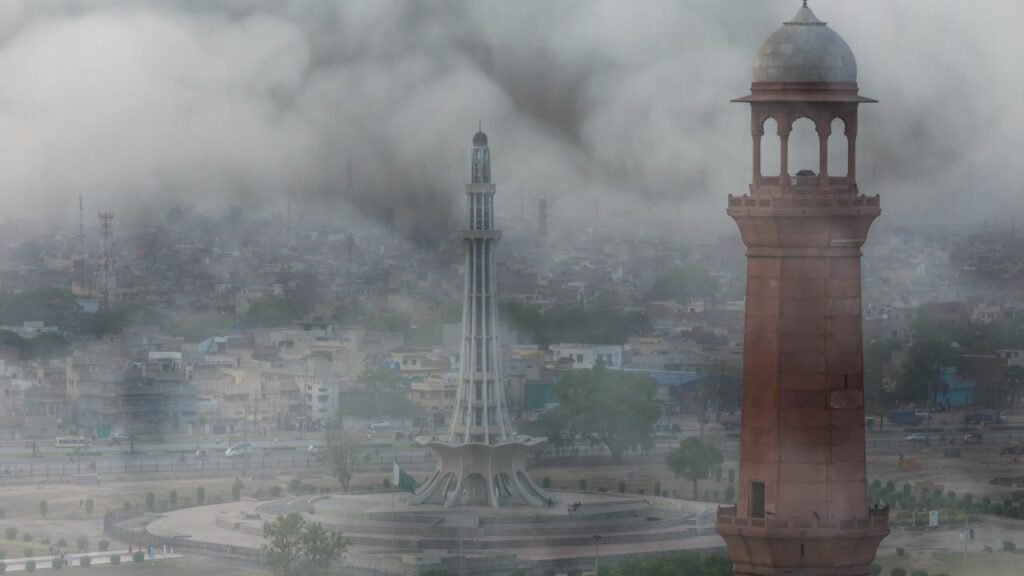Mubashar Nadeem
The latest Republic Policy research report on Pakistan’s evolving political trends reveals a significant and historic shift in voting behavior, particularly in Punjab, the country’s most politically decisive province. The study highlights that the province — once the heartland of traditional politics shaped by clans, castes, and patronage networks — is now experiencing a social and political awakening that is redefining how people vote.
For decades, Punjab’s electoral outcomes were influenced by feudal loyalties, biradari affiliations, and local power structures. Candidates often relied on kinship, personal connections, and administrative influence rather than political programs or ideological positions. However, the new Republic Policy data shows a generational transformation in how voters, especially urban and semi-urban youth, perceive their political power.
Follow Republic Policy on YouTube
The Rise of the Conscious Voter The findings reveal that a growing number of Punjab’s citizens now base their voting decisions on governance performance, economic opportunity, and justice rather than tribal or familial loyalties. Social media platforms, independent journalism, and political awareness campaigns have played a decisive role in breaking traditional political monopolies.
Young voters — who now make up over 64% of Pakistan’s population — are questioning dynastic politics and demanding institutional reforms, transparency, and social mobility. For them, elections are no longer about personalities; they are about policies and principles.
Follow Republic Policy on X (Twitter)
Justice and Freedom: The New Political Currency According to the Republic Policy analysis, justice, liberty, and accountability have become the new anchors of political legitimacy in Punjab. Citizens increasingly associate national progress with the rule of law, independent institutions, and equal access to opportunities. The slogan of “Insaaf” — once considered a political slogan — has now evolved into a social expectation among the electorate.
Where once voters sought patronage, they now seek fairness. The political rhetoric that resonates most today is one that promises justice and freedom, not power and privilege. Punjab’s urban centers like Lahore, Faisalabad, Gujranwala, and Rawalpindi have become the epicenters of this democratic evolution, where educated and tech-savvy citizens are reshaping the political discourse.
Follow Republic Policy on Facebook
The Decline of Feudal and Biradari Politics The report observes that traditional vote-banks based on biradari (clan) or landlord patronage are rapidly weakening. Rural Punjab, once tightly controlled by powerful families, is now more open to issue-based and performance-driven politics. Even in constituencies historically dominated by the same elite households, recent by-elections and surveys show unprecedented swings in voter loyalty.
This erosion of hereditary influence signals that the Punjabi electorate is maturing politically. Voters are now asking sharper questions — about inflation, unemployment, corruption, and governance — and expect policy-driven solutions rather than symbolic gestures.
Follow Republic Policy on TikTok
The Role of Media and Technology One of the most transformative factors in this shift has been the rise of social media. Platforms like X (Twitter), Facebook, and TikTok have given voice to ordinary citizens, allowing them to challenge official narratives and amplify demands for justice and reform. The political discourse has moved from drawing rooms and power corridors to digital town squares, where ideas, accountability, and dissent shape voter opinion.
Moreover, the accessibility of real-time information has democratized awareness. Political propaganda now competes with public scrutiny. Leaders are no longer judged by slogans but by their performance records and moral credibility.
Follow Republic Policy on Instagram
Economic Anxiety and Political Maturity The economic downturn and rising unemployment have also influenced Punjab’s new voting behavior. Citizens increasingly link their economic hardships with governance failures. The Republic Policy report notes that voters now recognize that long-term economic recovery requires systemic reform, not short-term populism.
Hence, political parties promising institutional stability, meritocracy, and investment in human capital are likely to gain traction. The public is demanding not charity, but competent governance — a profound shift in the country’s democratic psychology.
Follow Republic Policy on WhatsApp Channel
The Future of Punjab’s Political Landscape The report concludes that Punjab’s electoral future will depend on which political force most convincingly aligns itself with the new narrative of justice, employment, and freedom. The era of unchecked political dynasties is visibly fading, replaced by an electorate that votes with critical reasoning and civic purpose.
This transformation carries both promise and responsibility. As Pakistan approaches its next general elections, Punjab’s evolving voter consciousness may determine the nation’s democratic trajectory. If political leadership adapts to this shift — prioritizing justice, inclusive growth, and civic freedoms — the province could once again lead Pakistan toward a modern, accountable democracy.
In essence, Punjab’s voter is no longer bound by lineage, ethnicity, or loyalty — but by ideals. The Republic Policy report calls this shift the “New Punjab Mindset” — a generation ready to vote not for who they know, but for what they believe in.















